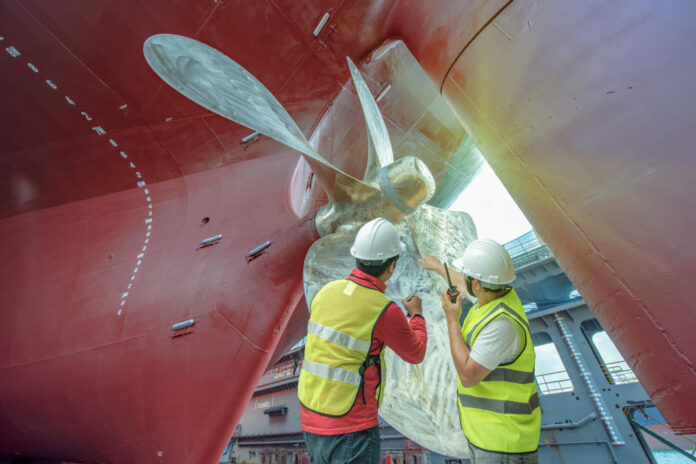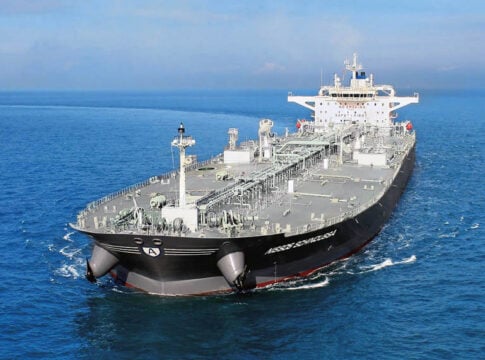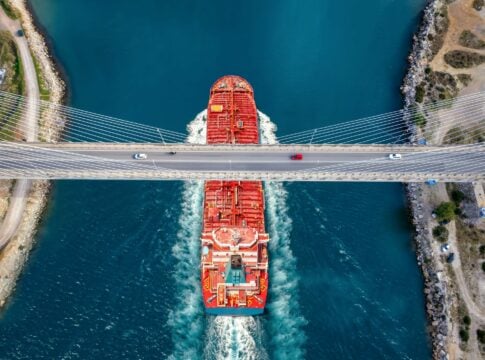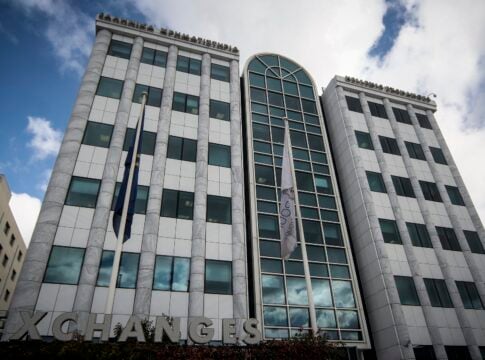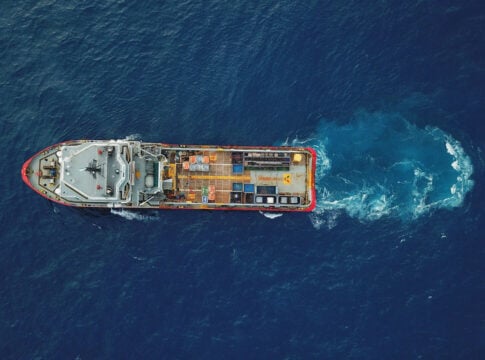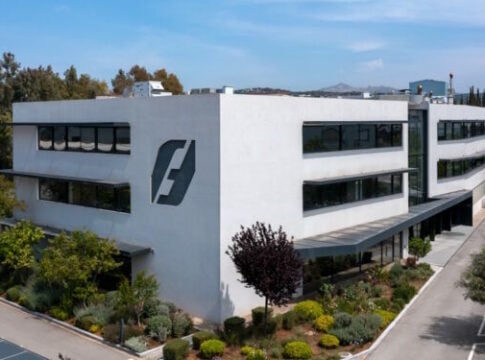Greek shipowners have kept a wait-and-see stance for the last 12 months, both in terms of new ship orders and second-hand purchases.
In fact, orders are at very low levels in the first half of 2025, with the exception of the feeder sector and medium tonnage in containerships.
The main causes of the major decline are, as market executives pointed out to “N”, the few open berths until 2028, the “cloudy landscape” regarding the course of decarbonization and the green fuels that will ultimately be chosen and when, as well as the ongoing trade wars with the tariffs that the US has imposed or will impose on third countries and the countermeasures.
Especially with regard to China, which is the largest shipbuilding country in the world, the administration of President Donald Trump has decided to proceed with the imposition of port fees on Chinese ships that will “call” at US ports from next October.
An act that, if implemented, will “pressure” the Chinese shipbuilding industry to a certain extent.
It is noted that the Greek shipbuilding industry, after a two-year period in which it had also reduced the pace of shipbuilding, accelerated in 2023 and 2024, resulting in an order book of consistently over 600 merchant ships, despite the continuous deliveries of new tonnage.
On the other hand, the Chinese continue to build ships and also purchase ships from the secondary market, “reducing the gap” with the Greek-owned fleet in terms of carrying capacity.
However, the Chinese have also slowed down in the first half of this year.
More than double
According to data provided by Allied Shipbroking, in the first half of 2025, orders have been placed for just 847 ships of 34.9 million dwt, while throughout 2024, shipbuilding groups had received 3,705 orders, with a total carrying capacity of 183.2 million dwt.
Regarding the last 12 months, according to Allied, Greek shipowners have signed contracts for the construction of just eight bulk carriers, 92 tankers, 37 containerships and two LNG carriers.
On the other hand, Chinese shipping companies have signed contracts for the construction of a total of 257 ships, of which 87 are bulk carriers, 78 tankers, 34 containerships and 12 LNG carriers.
Purchases and sales
But the picture is similar in purchase and sales. A total of 141 ships have been purchased by Greek shipping companies (75 bulk carriers, 39 tankers, 16 containerships, and four gas carriers).
In contrast, the Chinese have acquired almost twice as many. A total of 275 ships of all types, with particular emphasis on bulk carriers (175) and tankers (71).
The first half of 2025 marked a clear departure from the momentum of newbuildings observed in the last two years, as shipowners in all major shipping sectors demonstrate a more restrained approach to orders.
This change is evident in the sharp decline in global newbuilding orders in the dry bulk, tanker and gas sectors, with only the container sector supporting the trend.
In the dry bulk sector, shipowners appear to have been kept stable, according to Xlusiv Shipbrokers.
From January to June, just 76 newbuilding contracts were recorded, a sharp drop from the 355 recorded in the same period in 2024.
The Greeks, who traditionally dominate this sector, have effectively withdrawn, placing only three dry bulk orders. This decline is not surprising, given the persistent low profit environment.


